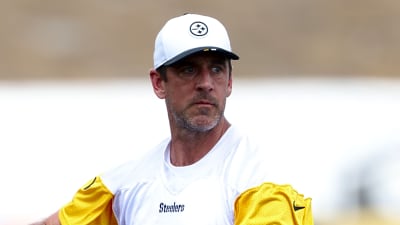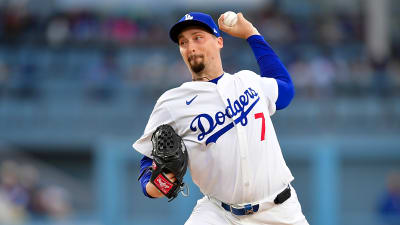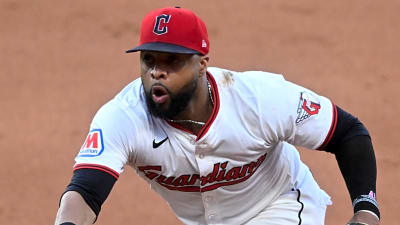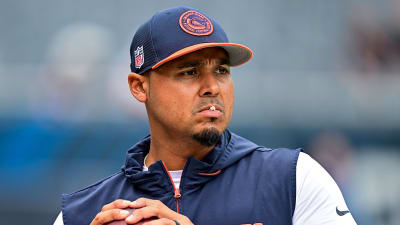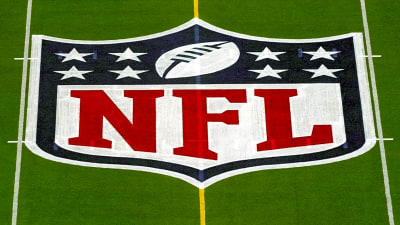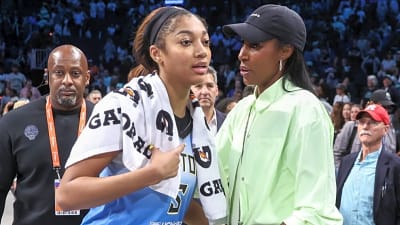
In combat sports, athletes may resort to unethical methods beyond performance-enhancing drugs to gain an unfair advantage. Such tactics compromise the integrity of the sport and can endanger participants. Despite strict regulations and oversight, these deceptive practices persist, challenging officials to maintain fair competition. Addressing these issues requires continuous vigilance and enforcement to uphold the principles of honor and fairness inherent in combat sports.
Recently, allegations of such unethical behavior surfaced following the UFC 313 light heavyweight championship bout between Magomed Ankalaev and Alex Pereira.
In an interview with Russian combat sports YouTube channel, Ushatayka, Ankalaev's coach Sukhrab Magomedov accused Pereira of "greasing" during their title fight despite Ankalaev securing a unanimous decision victory.
He alleged that when Ankalaev pressed Pereira against the fence, it appeared Pereira had a substance on his body. Magomedov noted that Pereira's sweat didn't flow normally but instead gelled up, suggesting the presence of an ointment or similar substance.
In the interview, Magomedov made further claims that Ankalaev told him that Pereira felt sticky and emitted an odor reminiscent of ointment. These observations led Magomedov to suspect that Pereira had applied a gel-like ointment to his body, a tactic aimed at hindering Ankalaev's grappling.
The coach of the recently crowned champion further hinted at the involvement of Pereira's coach, Glover Teixeira, suggesting that Teixeira's extensive experience might have played a role in the alleged tactic.
Despite the allegations, no legitimate evidence of Pereira greasing has been found or presented by Magomedov as of yet. In addition, it should be noted that Pereira himself was able to execute a trip takedown at the end of one of the rounds, which would have been difficult had he actually greased. Both the UFC and Pereira’s team have yet to issue a response to Sukhrab Magomedov’s serious allegations.
In the fight itself, Ankalaev employed forward pressure and effective grappling to outmaneuver Pereira, who is renowned for his striking acumen. Throughout the bout, Pereira was able to prevent most of Ankalaev’s takedown attempts, but he struggled to counter much of Ankalaev's clinching against the fence, leading to his first loss in the light heavyweight division.
The excessive use of grease or any other foreign substance to make one’s self slippery is explicitly prohibited in the Unified Rules of Mixed Martial Arts (the ruleset used by the UFC), as it can prevent fair grappling exchanges and significantly alter the outcome of a fight.
One of the most infamous cases of greasing accusations in the UFC was back in 2009 during UFC 94: St-Pierre vs. Penn 2. After the fight, BJ Penn accused Georges St-Pierre’s cornermen of applying Vaseline to his back and shoulders between rounds, potentially giving him an unfair advantage by making him more slippery and difficult to grapple.
In that specific instance, the Nevada State Athletic Commission (NSAC) acknowledged witnessing a cornerman applying Vaseline to St-Pierre’s face and then touching his body, leading officials to enter the octagon and wipe down his torso during the fight. Despite these observations, the NSAC concluded that the incident did not affect the fight's outcome and took no further action against St-Pierre or his team.
As techniques and strategies evolve, so too must the vigilance and adaptability of officials to uphold the integrity of the sport. The MMA community awaits further developments on this matter, particularly any investigations, sanctions, or responses from the UFC and Pereira’s team that may arise from these serious allegations.
More must-reads:
- Pitcher bizarrely faces old team on same day of trade
- NASCAR makes major Austin Hill decision after controversial Indianapolis crash
- The 'NFL stadium names' quiz
Breaking News
Trending News
Customize Your Newsletter
 +
+
Get the latest news and rumors, customized to your favorite sports and teams. Emailed daily. Always free!
